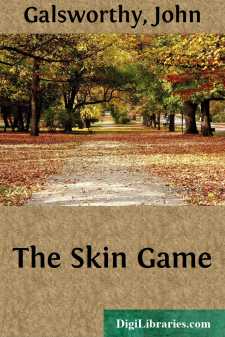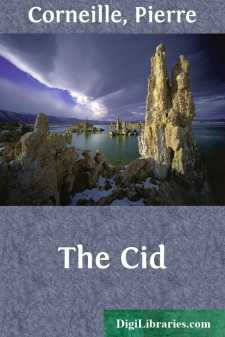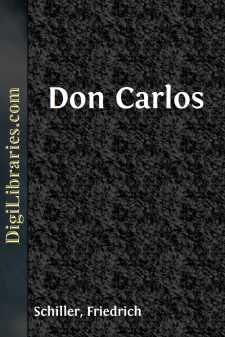Drama Books
Sort by:
Now first translated into English. This play is to be regarded merely as a dramatic narrative in which, for the purpose of tracing out the innermost workings of the soul, advantage has been taken of the dramatic method, without otherwise conforming to the stringent rules of theatrical composition, or seeking the dubious advantage of stage adaptation. It must be admitted as somewhat inconsistent that...
more...
by:
Aristophanes
Xanthias Shall I crack any of those old jokes, master,At which the audience never fail to laugh? DIONYSUS. Aye, what you will, except I'm getting crushed: Fight shy of that: I'm sick of that already. XAN. Nothing else smart? DIO. Aye, save my shoulder's aching. XAN. Come now, that comical joke? DIO. With all my heart. Only be careful not to shift your pole,And— XAN. What? DIO. And vow...
more...
THE JEW OF MALTA. Enter MACHIAVEL. MACHIAVEL. Albeit the world think Machiavel is dead,Yet was his soul but flown beyond the Alps;And, now the Guise is dead, is come from France,To view this land, and frolic with his friends.To some perhaps my name is odious;But such as love me, guard me from their tongues,And let them know that I am Machiavel,And weigh not men, and therefore not men's...
more...
by:
John Galsworthy
ACT I HILLCRIST'S study. A pleasant room, with books in calfbindings, and signs that the HILLCRIST'S have travelled, suchas a large photograph of the Taj Mahal, of Table Mountain, andthe Pyramids of Egypt. A large bureau [stage Right], devotedto the business of a country estate. Two foxes' masks.Flowers in bowls. Deep armchairs. A large French window open[at Back], with a lovely view of...
more...
REMARKS. There seems to be required by a number of well meaning persons of the present day a degree of moral perfection in a play, which few literary works attain; and in which sermons, and other holy productions, are at times deficient, though written with the purest intention. To criticise any book, besides the present drama, was certainly not a premeditated design in writing this little essay; but...
more...
by:
Pierre Corneille
Act the First. Scene I.—Chimène and Elvira. Chimène. Elvira, have you given me a really true report? Do you conceal nothing that my father has said? Elvira. All my feelings within me are still delighted with it. He esteems Rodrigo as much as you love him; and if I do not misread his mind, he will command you to respond to his passion. Chimène. Tell me then, I beseech you, a second time, what makes...
more...
SCENE I. The Royal Gardens in Aranjuez. CARLOS and DOMINGO. DOMINGO.Our pleasant sojourn in AranjuezIs over now, and yet your highness quitsThese joyous scenes no happier than before.Our visit hath been fruitless. Oh, my prince,Break this mysterious and gloomy silence!Open your heart to your own father's heart!A monarch never can too dearly buyThe peace of his own son—his only son.[CARLOS looks...
more...
by:
William Congreve
TO THERIGHT HONOURABLE CHARLES MONTAGUE,ONE OF THE LORDS OF THE TREASURY. Sir,—I heartily wish this play were as perfect as I intended it, that it might be more worthy your acceptance, and that my dedication of it to you might be more becoming that honour and esteem which I, with everybody who is so fortunate as to know you, have for you. It had your countenance when yet unknown; and now it is made...
more...
MERRY WIVES OF WINDSOR. Besides the copies of the Merry Wives of Windsor appearing in the folios and modern editions, a quarto, Q, has been collated in these Notes, of which the following is the title: The | Merry Wives | of Windsor. | with the humours of Sir John Falstaffe, | as also, The swaggering Vaine of Ancient | Pistoll, and Corporall Nym. |written by William Shake-speare. | Newly corrected. |...
more...
ACT I SCENE 1 A small railway station near London. Time: Ten years ago. BERT'Ow goes it, Bill? BILLGoes it? 'Ow d'yer think it goes? BERTI don't know, Bill. 'Ow is it? BILLBloody. BERTWhy? What's wrong? BILLWrong? Nothing ain't wrong. BERTWhat's up then? BILLNothing ain't right. BERTWhy, wot's the worry? BILLWot's the worry? They don't give...
more...











